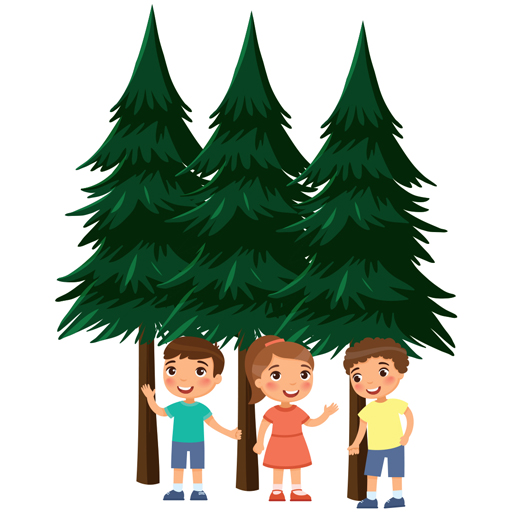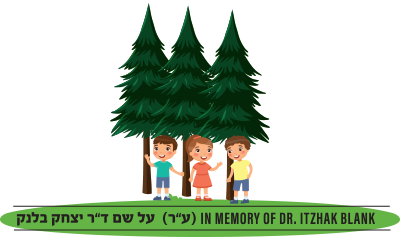About Us
About Us
The Bnei Arazim Child Treatment Center in memory of Dr. Itzhak Blank was founded by Dr. Shulamit Blank in 1992. It aims to provide a distinct response to youngsters with complex psychiatric issues compounded by difficult behavior disorders and to completely prevent the psychiatric hospitalization of children under the age of 18.
Bnei Arazim specializes in working with children with normal and borderline intelligence, high-functioning autism, and fetal alcohol syndrome.
The Center treats Israel’s most difficult cases in the absence of adequate solutions on the part of other institutions and as an alternative to long psychiatric hospitalizations. For this unique service, the Bnei Arazim Center has been granted a number of excellence awards by the Ministry of Welfare.
At present, the Bnei Arazim Center encompasses three facilities: the Bnei Arazim – Maoz post-hospitalization boarding school, which tends to 24 students; the Bnei Arazim – Gilad post-hospitalization boarding school, with 57 students; and the Bnei Arazim Middle and High School, serving 88 students.
The Bnei Arazim Center’s mission is to forestall the repeated psychiatric hospitalization of adolescents under 18 years of age. Its rate of success is nearly 100%. Before entering Bnei Arazim, most of its teenage students suffered from the “revolving door” phenomenon in psychiatric wards. The success rate among the population treated at the Bnei Arazim Center is unique within Israel and exceptional also in international terms.
At Bnei Arazim, child protection comes first. A large number of trained staff members are present in the various facilities at all hours. Together with the use of diverse advanced technological means, this ensures continuous control and maximum protection of the students.
The Bnei Arazim Center has a unique treatment theory whose principles include daily physical activities; working on boundaries; working intensively with parents and rehabilitating parental authority; studying; and reinforcing the values of voluntary work and integration in the community. The children have a busy weekly schedule filled with school classes, various sport activities, diverse enrichment programs, outdoor trips and journeys, voluntary work in the community, and individual and group therapy.


